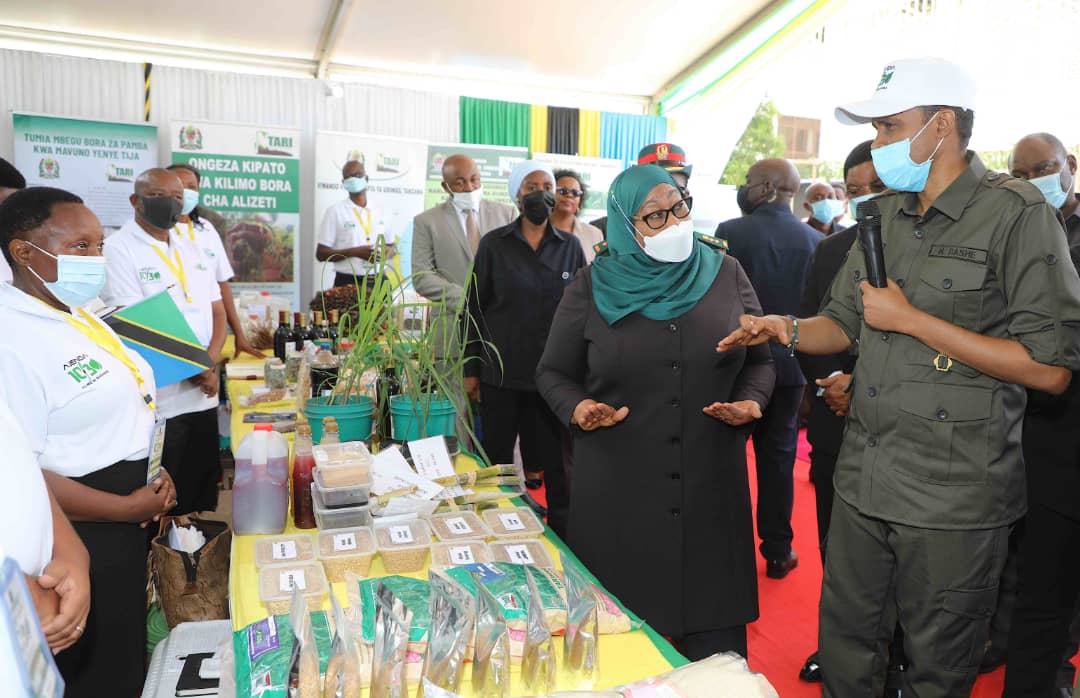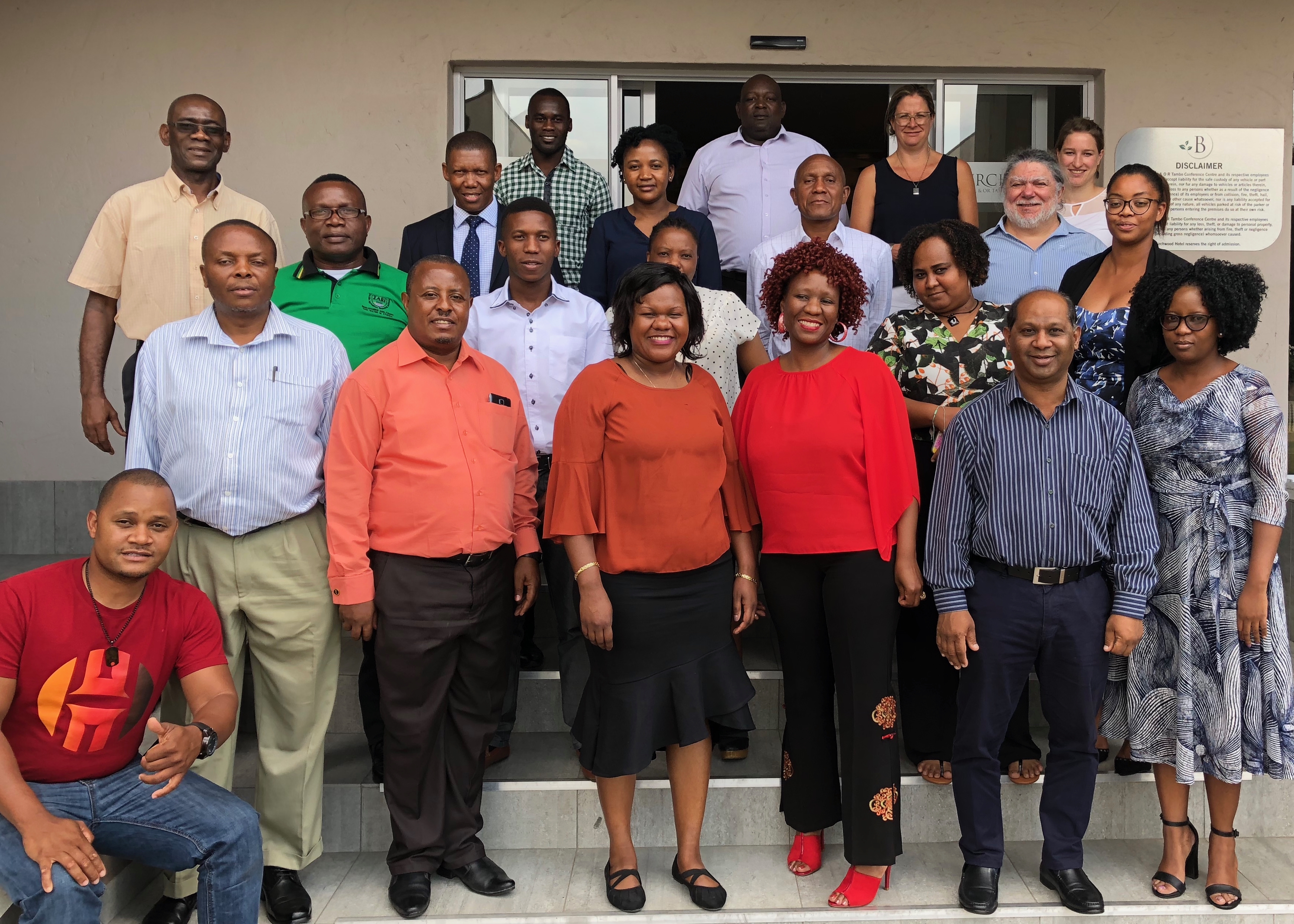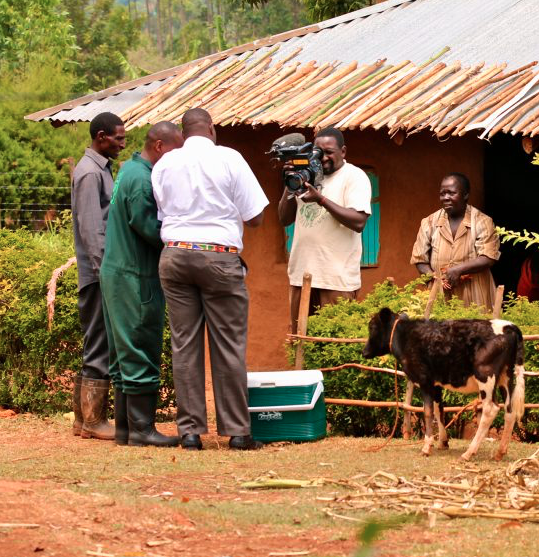Improved ruminant genetics: Implemented guidance for policymakers and investors
Genetics makes use of natural variation among animals. Selecting preferred animals as parents can yield permanent and cumulative improvements in the population. More efficient animals can greatly reduce greenhouse gas emissions and feed costs. Breeding, including cross-breeding between indigenous and imported species, can also improve resilience to diseases and heat stress and increase reproductive performance.
Global Research Alliance, CCAFS
de Haas Y, Davis S, Reisinger A, Richards MB, Difford G, Lassen J. 2016. Improved ruminant genetics: Implementation guidance for policymakers and investors. Climate-Smart Agriculture Practice Brief. Copenhagen, Denmark: CGIAR Research Program on Climate Change, Agriculture and Food Security (CCAFS).











